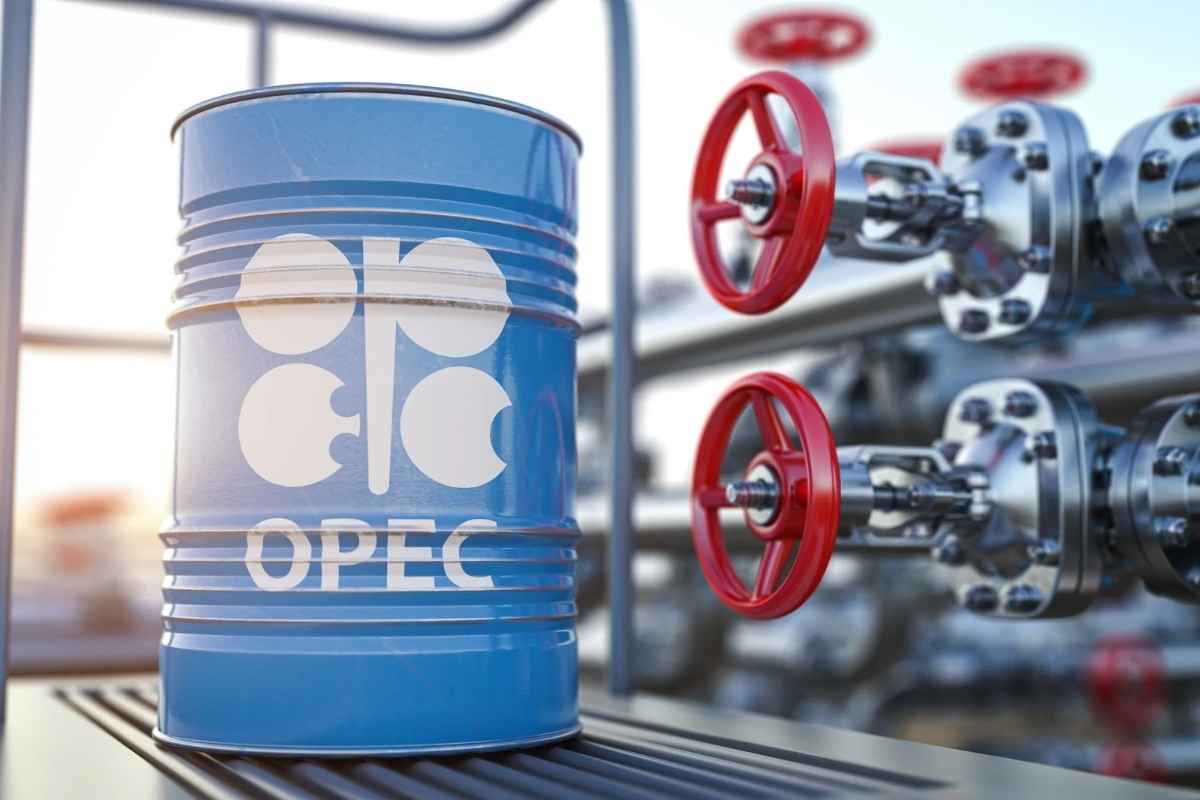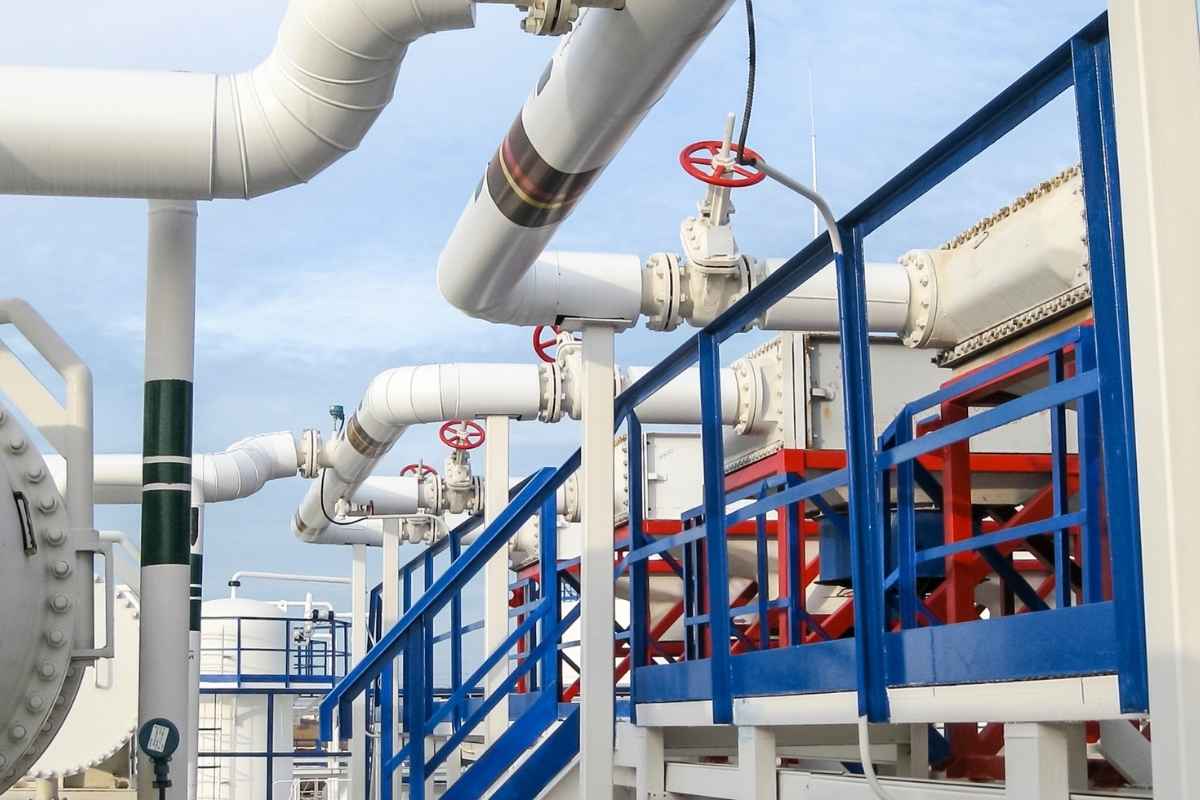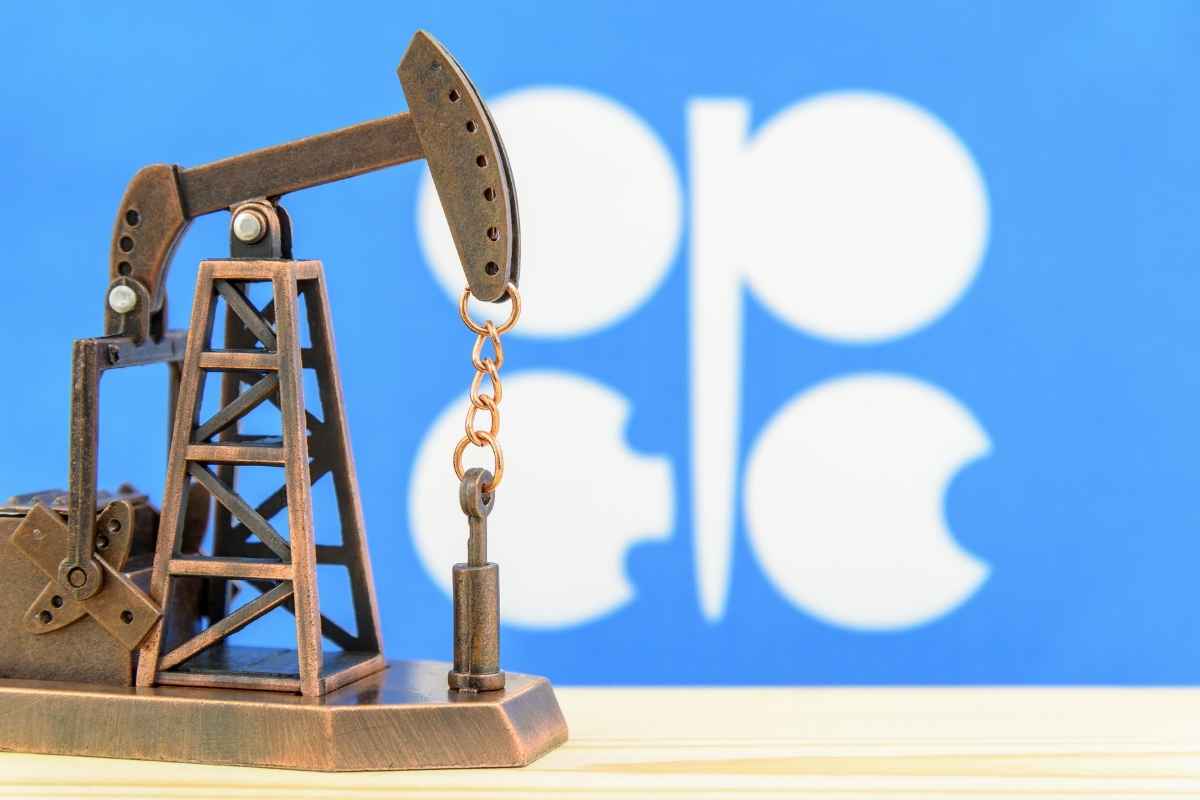Oil is one of the most critical resources for the global economy, driving industries, transportation, and commerce. Behind the scenes of the oil market, the Organization of the Petroleum Exporting Countries (OPEC) plays a crucial role in shaping production and pricing. OPEC, established in 1960, consists of some of the world’s largest oil producers, with a mission to stabilize the oil market and ensure a fair return on petroleum investments. Over the years, OPEC has positioned itself as a key player in global oil politics, influencing everything from fuel prices to international relations.
In this article, we will explore the role of OPEC in oil production, analyzing how this intergovernmental organization shapes the supply chain, balances the market, and responds to global economic shifts. As oil remains vital to global economies, OPEC’s decisions continue to have far-reaching effects on both producing and consuming nations.
What is OPEC?

OPEC is an intergovernmental organization founded by five countries: Iran, Iraq, Kuwait, Saudi Arabia, and Venezuela. Over time, it expanded to include 13 member countries, mainly from the Middle East, Africa, and South America. Together, these countries account for a significant portion of global crude oil production, making OPEC a major force in the international oil market.
OPEC’s primary objective is to coordinate and unify petroleum policies among member countries. This coordination is essential because oil production levels directly impact global oil prices. By controlling supply, OPEC can either drive up prices or lower them, depending on the global demand. The role of OPEC in oil production goes beyond just managing output; it also seeks to ensure that oil producers receive fair compensation and that consumers have stable access to oil supplies.
OPEC’s Influence on Oil Prices
One of the most crucial aspects of the role of OPEC in oil production is its ability to influence oil prices. By agreeing on production quotas, OPEC controls the amount of oil its member countries produce. In times of high demand, OPEC may choose to increase production to stabilize prices and prevent spikes. Conversely, during times of low demand or oversupply, OPEC may reduce output to prevent prices from falling too low.
A prime example of this influence occurred during the COVID-19 pandemic when global oil demand plummeted. In response, OPEC and its allies, collectively known as OPEC+, agreed to unprecedented production cuts in April 2020 to stabilize the market. This decision helped prevent a complete collapse of oil prices and demonstrated how effective OPEC can be in managing market volatility.
However, OPEC’s influence is not without limitations. Non-OPEC oil-producing countries, particularly the United States and Russia, also play significant roles in the global oil market. The rise of shale oil production in the U.S., for instance, has challenged OPEC’s control over prices. Despite this, OPEC continues to be a dominant force, especially when working in collaboration with non-member countries through OPEC+.
The Impact of OPEC on Oil Supply

Another important aspect of the role of OPEC in oil production is its impact on the global oil supply. OPEC member countries are home to some of the largest oil reserves in the world, particularly in the Middle East. Saudi Arabia, the most prominent member, has the second-largest proven oil reserves and is the world’s largest oil exporter.
By coordinating production levels, OPEC ensures a balance between supply and demand. This balance is crucial for preventing market shortages or oversupply. When oil production exceeds demand, prices drop, which can hurt the economies of oil-exporting nations. On the other hand, if production is too low, prices soar, creating instability for oil-importing countries and causing economic strain.
OPEC’s production decisions are carefully calculated to avoid these extremes. For example, in 2016, OPEC reached an agreement to cut oil production for the first time in eight years to combat falling oil prices caused by oversupply. This move was aimed at restoring market balance and protecting the interests of both producers and consumers.
OPEC and Global Politics
In addition to its economic influence, the role of OPEC in oil production extends to geopolitics. Oil is a strategic resource, and control over its supply gives OPEC member countries considerable political leverage on the global stage. OPEC’s decisions on production can affect diplomatic relations, trade agreements, and even security alliances.
For example, oil embargos or production cuts can be used as political tools. A notable instance of this occurred during the 1973 Arab-Israeli War when Arab members of OPEC imposed an oil embargo on countries supporting Israel, including the United States. This led to a significant increase in oil prices, causing economic hardship for many Western countries. The embargo demonstrated OPEC’s power to influence not only markets but also international relations.
Today, while OPEC’s actions are more focused on market stability rather than political objectives, the organization remains a central figure in global geopolitics. Its decisions are closely monitored by governments worldwide, as changes in oil production can have ripple effects across global economies.
Challenges Facing OPEC

Despite its significant influence, OPEC faces several challenges that affect its ability to manage the global oil market. One major challenge is the growing demand for renewable energy sources as the world transitions away from fossil fuels to combat climate change. As countries invest in green energy alternatives, the oil demand may decline, potentially reducing OPEC’s influence over the long term.
Moreover, internal disagreements among member countries sometimes hinder OPEC’s effectiveness. Member states have differing economic needs, which can lead to disputes over production quotas. Countries like Iran, Venezuela, and Nigeria, which are heavily dependent on oil revenue, may want to produce more oil to boost their economies, while others like Saudi Arabia may prefer to keep production lower to maintain higher prices.
Additionally, external factors such as U.S. shale oil production and geopolitical conflicts can disrupt OPEC’s strategies. For example, sanctions on countries like Iran and Venezuela have affected their ability to produce and export oil, leading to fluctuations in global supply.
Conclusion
The role of OPEC in oil production is multifaceted, encompassing not only the management of oil supply and prices but also influencing global politics and economic stability. As the world’s leading oil producers, OPEC member countries have a significant impact on the global energy market. While challenges such as renewable energy and internal disputes may affect OPEC’s future influence, its ability to coordinate oil production among member countries ensures that it will remain a key player in the global economy for the foreseeable future.
In summary, the role of OPEC in oil production is to maintain market stability by regulating supply, influencing prices, and ensuring that both producers and consumers benefit from a balanced oil market. As the energy landscape evolves, OPEC will need to adapt to continue its pivotal role in shaping the future of oil production and consumption.
Found this article useful? Check out more of our posts at Oil Gas Energy Magazine!












